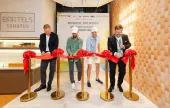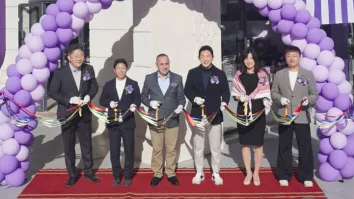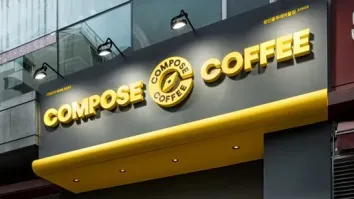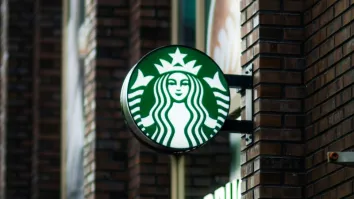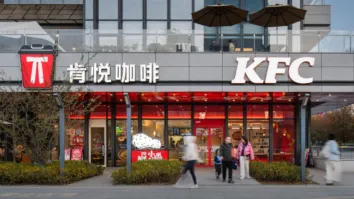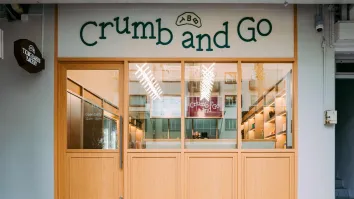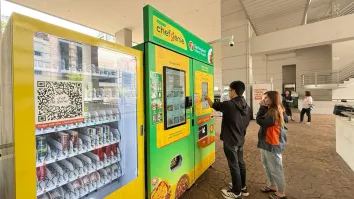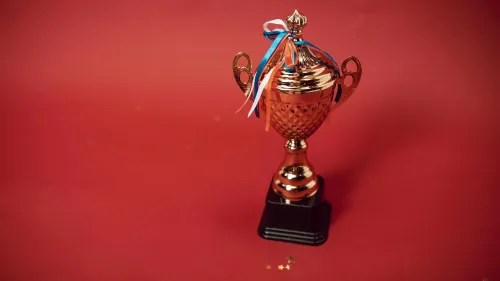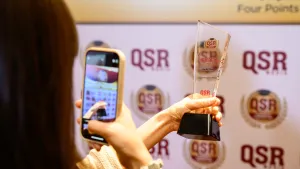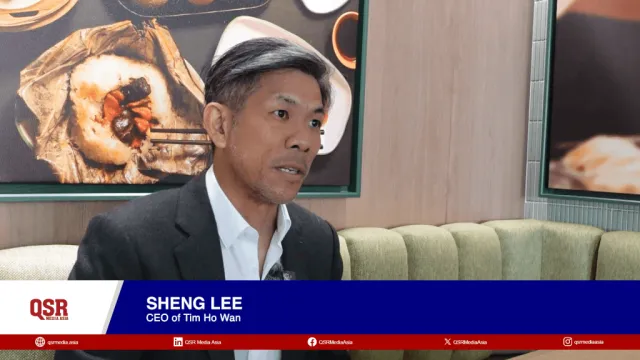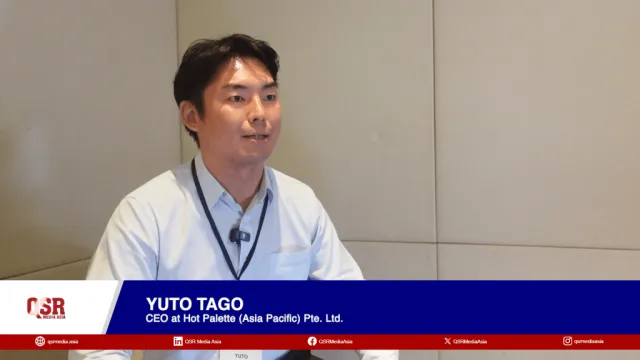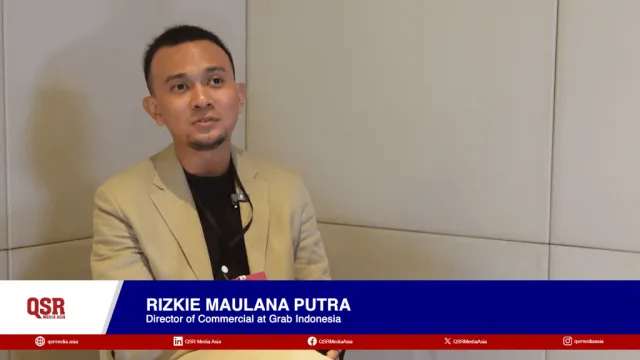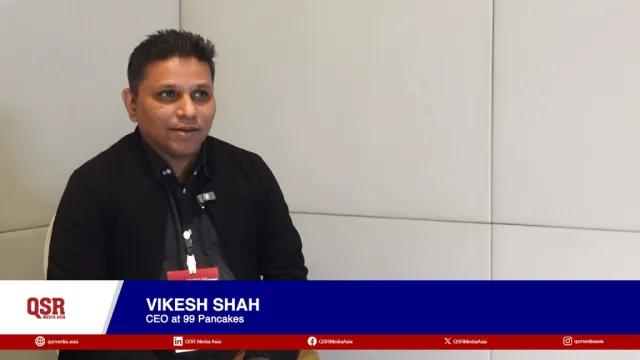Asia’s QSRs rethink packaging amidst plastic bans
Food businesses are turning to sustainable packaging—but face rising costs and infrastructure gaps.
Asia’s F&B sector is shifting as plastic bans push QSRs and suppliers toward eco alternatives—despite cost, supply, and infrastructure hurdles.
Countries such as India, China, Taiwan, and the Philippines have already restricted the use of plastic straws, cutlery, bags, and containers, while Hong Kong implemented the first phase of its ban in 2024 and plans to introduce stricter measures this year.
But with each country and even individual cities enforcing different rules, multinational food chains face mounting compliance challenges. “Different countries and even cities have varying regulations, creating compliance challenges for multinational chains and packaging suppliers,” said Jeremy Yeo, Asia Director at BioPak.
“Some governments actually provide incentives or tax benefits for businesses adopting eco-friendly packaging, while others impose fines for non-compliance,” he added.
For QSRs in particular, switching to sustainable packaging introduces cost pressures and supply limitations. “Sustainable packaging often comes with a higher price tag compared to your traditional packaging like plastic and Styrofoam,” Yeo explained. “For QSRs, especially those with tight margins, this can be a significant barrier.”
Even if a business is willing to make the shift, finding the right packaging is not always easy. “Sourcing sustainable packaging materials can be difficult due to the limited availability, especially for certain types of materials that meet both environmental and performance standards,” he said. “Additionally, QSRs may face challenges with suppliers who lack the infrastructure to provide large quantities of eco-friendly products.”
Beyond packaging and sourcing, another pressing issue is whether Asia’s recycling systems can handle the transition.
“I don’t think we are fully ready yet for large-scale adoption of sustainable packaging,” Yeo said. “Recycling systems are highly fragmented… with different countries having their own rules and regulations about what can or cannot be recycled.”
Some countries such as Japan, South Korea, and Taiwan are relatively advanced, but “in some areas, even basic recycling facilities are lacking.”
“To be fully ready,” Yeo concluded, “more awareness, more education… that basic knowledge of cleaning the bottle before recycling—it is actually very essential to know.
